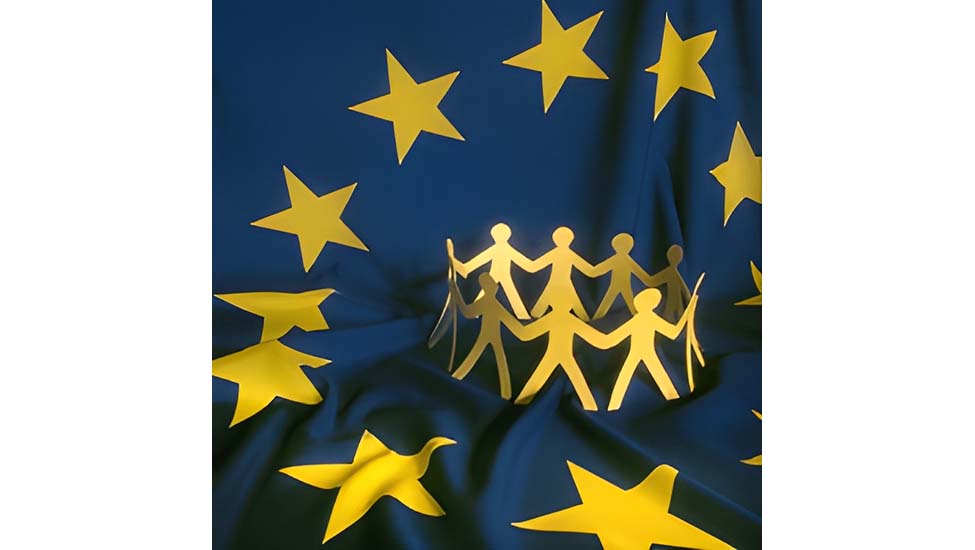The Newsletter n°476 — 28 févr. 2011
La Lettre
Florence Kamette
—
28 February 2011
Europe/Crisis
1 January 1970

Elections/Estonia
1 January 1970
Mediterranean
1 January 1970
Euro
1 January 1970
Elections/Ireland
1 January 1970
Elections/Kosovo
1 January 1970
Poland
1 January 1970
Editorial
1 January 1970
Belgium
1 January 1970

Luxembourg
1 January 1970
Finland
1 January 1970
Italy
1 January 1970
ESMA
1 January 1970
Switzerland
1 January 1970
Germany
1 January 1970
UK
1 January 1970
IMF
1 January 1970
Malta
1 January 1970
Portugal
1 January 1970
France
1 January 1970
Greece
1 January 1970
Spain
1 January 1970
Libya
1 January 1970

Czech Republic
1 January 1970
Bulgaria/Romania
1 January 1970
Digital
1 January 1970

Russia
1 January 1970
Trade
1 January 1970
SME
1 January 1970
Transport
1 January 1970
Diplomacy
1 January 1970

Agriculture/Fisheries
1 January 1970
Justice/Interior
1 January 1970
Healthcare
1 January 1970
Middle East
1 January 1970

Cyberdefence
1 January 1970

Denmark
1 January 1970

Germany
1 January 1970

Finland
1 January 1970
Turkey
1 January 1970

Reshuffle
1 January 1970
Law/Media
1 January 1970

Elections
1 January 1970

Immigration
1 January 1970

Germany
1 January 1970
Near East
1 January 1970

Czech Republic
1 January 1970

Democracy
1 January 1970

Reform
1 January 1970

Women
1 January 1970
Inauguration
1 January 1970

Referendum
1 January 1970

Government
1 January 1970

Diplomacy
1 January 1970

Germany
1 January 1970

ICTY
1 January 1970
EBRD
1 January 1970

Trade
1 January 1970

Inflation
1 January 1970

Regions
1 January 1970
Crisis
1 January 1970

Defence
1 January 1970
North Africa
1 January 1970
Armament
1 January 1970

Economy/EU
1 January 1970
Exhibition/Hamburg
1 January 1970

Exhibition/London
1 January 1970
Exhibition/Basel
1 January 1970
Exhibition/Madrid
1 January 1970
Exhibition/Rome
1 January 1970
Agenda
28th February
"Transport, Telecommunications, Energy" Council ()
March 1st
Conference at the Finnish Institute for International Relations on the economic turbulence in Europe, Helsinki ()
3rd March
Debate "Mediterranean, Past and Present, Convergence and Cultural Differences", Paris ()
March 3rd
Board of Governors - European Central Bank ()
5th March
"The Europen Union and the Crises" European Interviews, Enghien les Bains ()
6th March
General Elections in Estonia ()
7th March
"Employment, Social Policy, Health and Consumer" Council ()
les 7th-10th March
Plenary Session of the European Parliament - Strasbourg ()
7th March
Conference on the Citizens' Initiative and Women - Warsaw ()
European Women Leading the Way
Should we be concerned about European competitiveness?
The European Space Context (after the ESA Ministerial Council meeting in 2025)
In support of European regulation that is compatible with growth
Democratic resilience in Europe in a polarised world
The Editors of the Newsletter :
Stefanie Buzmaniuk, Helen Levy
N°ISSN : 2729-6482
Editor-in-Chief :
Eric Maurice
Director of Publication :
Pascale Joannin
Any questions or suggestions?
Contact Us!







